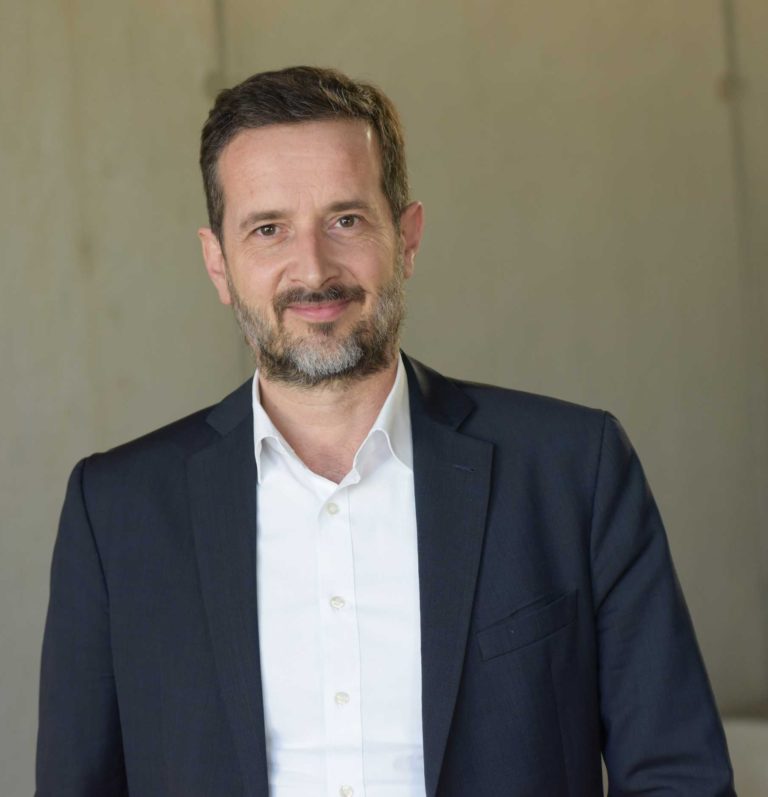A project becomes a company
A guest column by Rolf Lührs
Starting a company doesn’t take very long – and most don’t last very long either. It’s said that 80% of all start-ups don’t survive the first three years.
And so there are lots of prerequisites if a new company is going to be successful long term: a good idea, technical, organisational and business skills, the right timing and a feel for markets, clients, staff and, of course, capital.
But what entrepreneur has all these resources at his or her fingertips at the outset? Hardly any, and that’s why support programmes and organisations that support entrepreneurs at various stages are so important – organisations like Tutech Innovation GmbH.
DEMOS E-Partizipation, the company that I started together with partners, is a good example. You could call it an extreme example. Tutech supported the company from the very beginning, at a stage when it was no more than the project idea of a research associate at the University of Technology. That was at the beginning of the millennium; the goal was a successful EU funding proposal and the topic was something then known as electronic democracy.
With the help of the EU Office, we got funding for a project with eight organisations in five countries. Its successful completion saw pilot applications in Bologna and Hamburg. We developed web applications, and moderation and evaluation methods with the aim of getting as many members of the public as possible involved in political decision-making processes while providing politicians with results that could be built on.
The project was so successful that starting a company was not beyond the bounds of possibility. Yet this was such a remote prospect that it would probably never have become a reality without further support.
Instead of starting a company, I got the offer from the then CEO, Dr Helmut Thamer, to establish a department within Tutech and to continue developing our approach there. It was an exciting time, and I learnt a lot building up the “Interactive Communication” department and worked on a variety of projects that brought me closer to my goal, sometimes rapidly, sometimes a little more slowly.
It also become clear to me that a digital approach to informal public participation wasn’t a product that a company could sustain on its own. More importantly, the timing wasn’t right: at the beginning of the 2000s, digitalisation was not yet particularly high on the agendas of public authorities.
Neither thing changed till almost a decade later. Meanwhile my department was focussing on formal procedures in spatial planning. Here we were able to help government departments to shift the participation processes required by law away from the cumbersome paper-based methods to a digital platform, thus saving time and money. It wasn’t until the middle of 2009 that the time was ripe to start a company.
And Tutech supported my partners, Dr Markus Klima and Matthias Rehkop, and me further by taking a 25.1% stake. DEMOS is now one of the leading providers of digital participation processes in spatial planning and employs more than 30 staff in Hamburg and Berlin. Moreover, we’re pioneers in using AI processes in this field.
Finally, in 2017, it was time to leave Tutech. The new CEO, Martin Mahn, did us one last big favour by supporting us with restructuring the company as a holding with DEMOS E-Partizipation GmbH as a wholly-owned subsidiary, and he was also prepared to release us onto the free market on conditions that enabled us to get off to a good start.
What a long journey and what a super time! That in 2018 we became one of the winners of the Technology-Fast 50 Awards from the international business consultants Deloitte and thus are one of the fastest growing German technology companies of recent years goes to show that a happy outcome is not only worth waiting for – it can also put on an impressive turn of speed.

“With the help of the EU Office, we got funding for a project with eight organisations in five countries. Its successful completion saw pilot applications in Bologna and Hamburg.”
Rolf Lührs, MD of DEMOS
